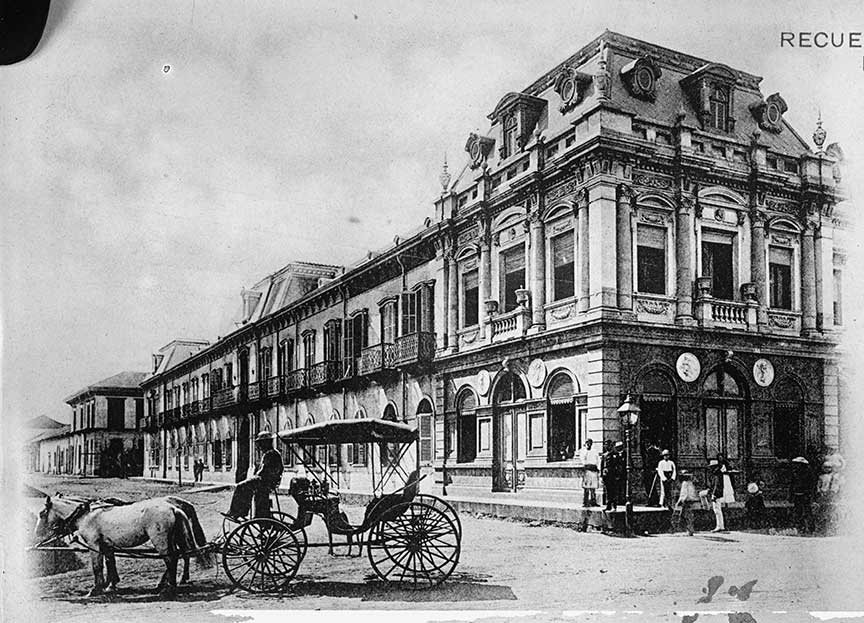1948 -Civil War in Costa Rica

Nicaragua Legislatrue
After incumbent President Teodora Picado attempted to annul the election won by Otilio Ulate, a civil war broke out. The forces of Jose Figueras, which opposed Ulate, were victorious.
The Costa Rican Civil War, often referred to as the Revolution of 1948, stands as a pivotal moment in the nation's history, shaping its path toward stability and democracy. The conflict was rooted in the contentious presidential election of 1948, a contest between incumbent President Teodoro Picado Michalski and opposition candidate Otilio Ulate Blanco. Ulate, representing the opposition, was declared the victor in the election. However, President Picado, a member of the ruling National Republican Party, refused to accept the outcome, alleging fraud and irregularities, and attempted to annul the election results. This move sparked widespread outrage and set the stage for a civil conflict.
The annulment of the election results led to an armed uprising spearheaded by José Figueres Ferrer, a wealthy landowner known for his staunch anti-communist views. Figueres mobilized a diverse coalition of forces under the banner of the National Liberation Army (Ejército de Liberación Nacional). This group comprised civilians, students, and former military personnel, all united in their opposition to the annulment and the existing regime.
The civil war, which erupted on March 12, 1948, was brief but intense, lasting approximately six weeks. Key battles, such as those at San Isidro and Ochomogo, marked the conflict. Despite the intensity of the fighting, Figueres’ forces quickly gained the upper hand. By April 24, 1948, Figueres and his National Liberation Army had emerged victorious, effectively overthrowing the ruling government.
Following his victory, José Figueres established a provisional junta government that ruled Costa Rica for 18 months. During this period, the junta enacted significant political and social reforms. Perhaps the most notable of these was the abolition of Costa Rica’s military in 1948. Figueres, convinced that the military posed a threat to democracy, decided to disband it, a decision that remains a defining feature of Costa Rican society to this day.
In addition to dismantling the military, the junta oversaw the drafting and enactment of a new constitution in 1949. This constitution introduced several progressive measures, including women's suffrage, social guarantees, and the establishment of the Supreme Electoral Tribunal to ensure the integrity of future elections. These reforms marked a significant step forward in the country's political evolution.
In 1949, fulfilling the original election outcome, Otilio Ulate was inaugurated as president, bringing Costa Rica back to democratic governance. The reforms instituted during the junta period laid a solid foundation for political stability and democratic traditions, which have become hallmarks of Costa Rican society.
The aftermath of the civil war also saw substantial economic and social progress, with increased investments in education, healthcare, and infrastructure. These developments have contributed to Costa Rica's reputation as one of the most stable and prosperous countries in Latin America.
In conclusion, the Costa Rican Civil War of 1948 was a transformative event that not only resolved an immediate political crisis but also set the stage for long-term stability and democracy. The abolition of the military, the establishment of progressive social policies, and the return to democratic governance have collectively shaped Costa Rica's modern identity, making it a beacon of peace and democracy in the region.
 >
>